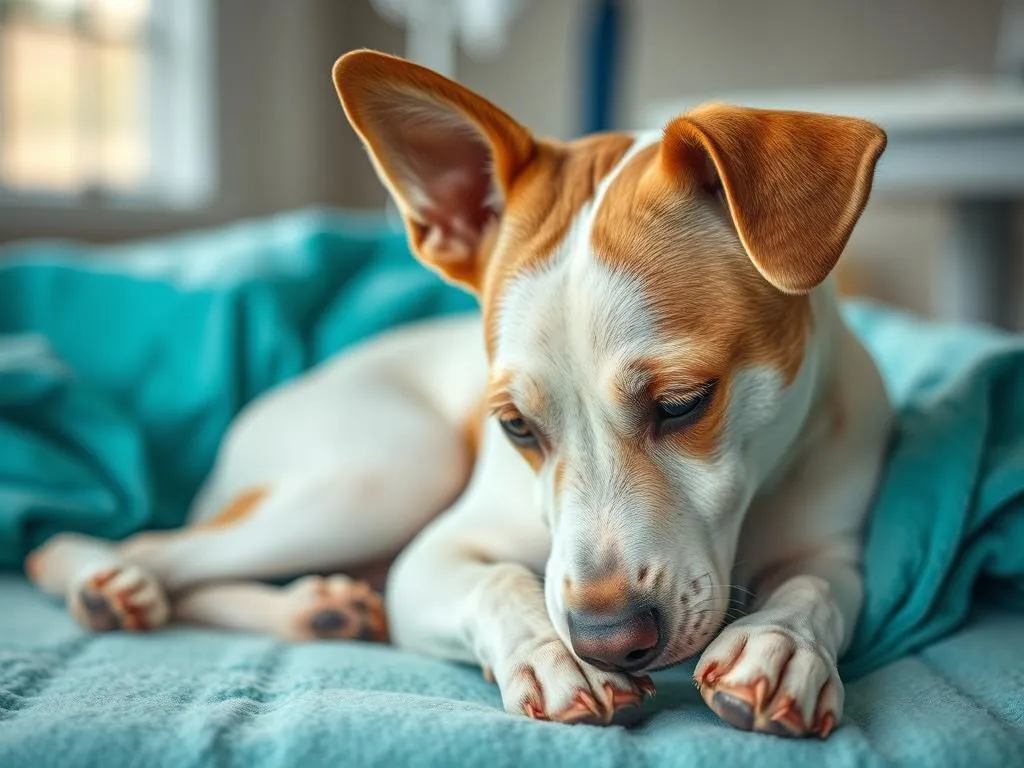
Neutering is a common surgical procedure performed on male dogs, which involves the removal of the testicles. This operation is not only a means of population control but also brings various health benefits and can help manage certain behavioral issues. However, many pet owners often wonder, how long does it take dogs to recover from being neutered? Understanding the recovery process is essential for any dog owner, as it directly impacts the dog’s well-being and the owner’s ability to care for their pet effectively.
The Neutering Procedure
What is Neutering?
Neutering is a surgical procedure designed to remove the reproductive organs of male dogs. This procedure is typically performed under general anesthesia and involves a small incision in the scrotum. Once the testicles are removed, the incision is usually closed with stitches or surgical glue.
It’s important to note the difference between neutering and spaying. While neutering refers specifically to the removal of male reproductive organs, spaying is the equivalent procedure for female dogs, involving the removal of the ovaries and uterus.
Pre-Surgery Preparations
Before your dog undergoes the neutering procedure, a veterinary consultation is necessary. This assessment helps determine if your dog is healthy enough for surgery. Your veterinarian will perform a physical examination and may recommend blood tests to ensure there are no underlying health issues.
Additionally, your dog will typically be required to fast for several hours before surgery. This fasting helps reduce the risk of complications during anesthesia. Your vet will provide specific instructions regarding food and water intake prior to the surgery.
Recovery Timeline After Neutering
Understanding the recovery timeline is crucial for managing your dog’s post-surgery care. Recovery can generally be broken down into immediate, short-term, medium-term, and long-term recovery stages.
Immediate Post-Operative Care
The first 24 hours after surgery are critical. Once your dog is home, they may experience drowsiness as the anesthesia wears off. It’s crucial to provide a quiet, comfortable space for your dog to rest.
During this time, monitor your dog for any signs of pain or discomfort. Some common signs to watch for include whining, excessive licking at the surgical site, or reluctance to move. If your dog seems excessively distressed or is in pain, it’s important to contact your veterinarian.
Short-term Recovery (Days 1-3)
In the days immediately following the surgery, your dog may exhibit typical post-operative behaviors such as sleepiness and a reduced appetite. It’s normal for dogs to be a bit less active during this time.
Monitoring the surgical site for any unusual signs is critical. Look for swelling, redness, or discharge, which may indicate complications. Ensure that your dog doesn’t lick or bite at the incision site; an Elizabethan collar (cone) may be necessary to prevent this.
Medium-term Recovery (Days 4-10)
By this stage, many dogs begin to show noticeable improvements in their activity levels. You can start introducing light activities such as short leash walks, but avoid any strenuous exercise or play.
It’s important to continue monitoring the surgical site and ensure that it is healing properly. If you notice any concerning signs, such as increased swelling or discharge, consult your veterinarian.
Long-term Recovery (Days 11-14)
By the end of the second week, most dogs will have returned to their normal activity levels. They should be able to resume regular walks and playtime. A follow-up appointment with your veterinarian is typically scheduled around this time to ensure that your dog is healing correctly and to remove any stitches if necessary.
Factors Influencing Recovery Time
Several factors can affect how long it takes for dogs to recover from being neutered.
Age and Size of the Dog
Age plays a significant role in recovery. Younger dogs tend to heal faster than older dogs, as their bodies are generally more resilient. Additionally, the size of the dog can influence recovery time; smaller breeds may recover more quickly than larger breeds due to differences in metabolism and overall health.
Overall Health and Pre-existing Conditions
A dog’s overall health before surgery can impact recovery time. Dogs with chronic health issues or those that are overweight may experience a longer recovery period. It’s essential to have a thorough health assessment by a veterinarian before neutering to ensure your dog is fit for the procedure.
Surgical Technique and Anesthesia
The method used for the neutering procedure can also play a role in recovery. For example, laparoscopic neutering, which is less invasive, may result in quicker recovery times compared to traditional surgical techniques. Additionally, the type of anesthesia administered can influence how quickly your dog wakes up and begins to feel normal again.
Signs of Complications
While most dogs recover without any issues, it’s important for pet owners to be vigilant and recognize signs of potential complications.
Common Signs of Complications
Watch for symptoms such as:
- Swelling or redness around the incision site
- Excessive bleeding or discharge
- Signs of infection, such as fever or lethargy
If you observe any of these signs, contact your veterinarian immediately.
Recognizing Pain and Discomfort
Dogs may not always show clear signs of pain, but behavioral changes can be indicators. Look for signs such as increased vocalization, reluctance to move or play, and changes in eating habits. Effective pain management is essential for your dog’s comfort and recovery, so discuss options with your veterinarian.
Post-Surgery Care and Management
Proper care following the neutering procedure is vital for a smooth recovery.
At-Home Care Tips
Ensure your dog is comfortable by providing a quiet, cozy space for them to rest. Keep their diet light and ensure they are well-hydrated. If your dog is reluctant to eat, try offering bland foods such as boiled chicken or rice.
Managing the surgical site is also crucial. Keep the area clean and dry, and avoid bathing your dog until the incision has healed.
Activity Restrictions
Limiting physical activity is important for a successful recovery. Restrict your dog from running, jumping, or engaging in rough play for at least two weeks post-surgery. Gentle walks on a leash are acceptable but should be kept short.
Follow-Up Vet Visits
A follow-up visit to the veterinarian is typically scheduled within two weeks of the surgery. During this visit, the vet will check the surgical site, remove stitches if necessary, and ensure that your dog is healing properly. Adhering to your vet’s advice during this time is crucial for a smooth recovery.
FAQs About Neutering Recovery
How long does it take dogs to recover from being neutered?
On average, how long does it take dogs to recover from being neutered? Most dogs will take about 10 to 14 days to heal sufficiently from the procedure. During this time, they should gradually return to their normal activity levels. However, complete internal healing can take longer, so it’s essential to monitor their progress.
Can I bathe my dog after neutering?
It’s advisable to avoid bathing your dog for at least 10 to 14 days post-surgery to prevent the surgical site from getting wet. If necessary, use a damp cloth to clean your dog, ensuring that you keep the incision dry.
What if my dog won’t eat after surgery?
If your dog refuses to eat after surgery, try offering small amounts of bland food like boiled chicken or rice. If they still won’t eat after 24 hours, it’s important to consult your veterinarian to rule out any complications.
Conclusion
In summary, the recovery process after neutering is a critical time for your dog. Understanding the timeline and being aware of the factors that influence recovery can help ensure a smooth healing process. By providing proper care, monitoring for complications, and maintaining regular vet visits, you can support your dog’s journey back to health.
Responsible pet ownership includes understanding the implications of surgical procedures like neutering and ensuring that your furry friend receives the care they need during their recovery.









